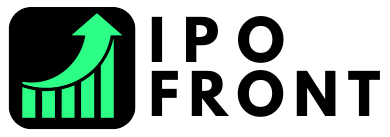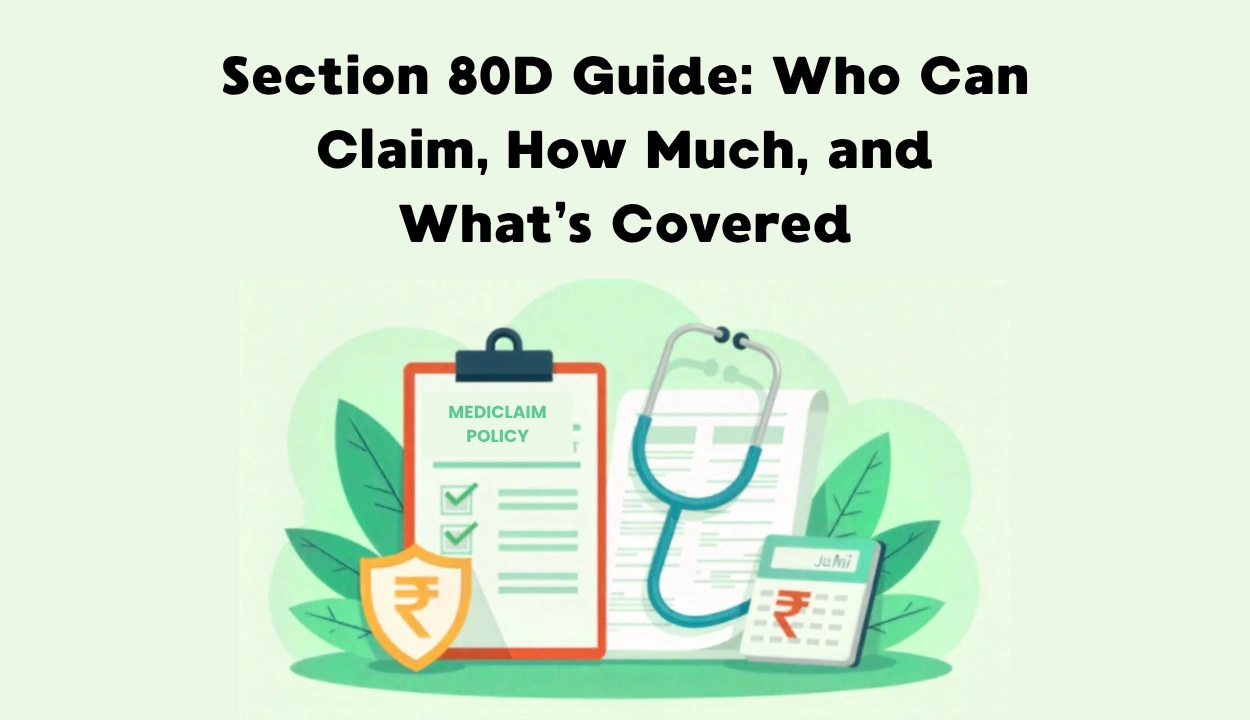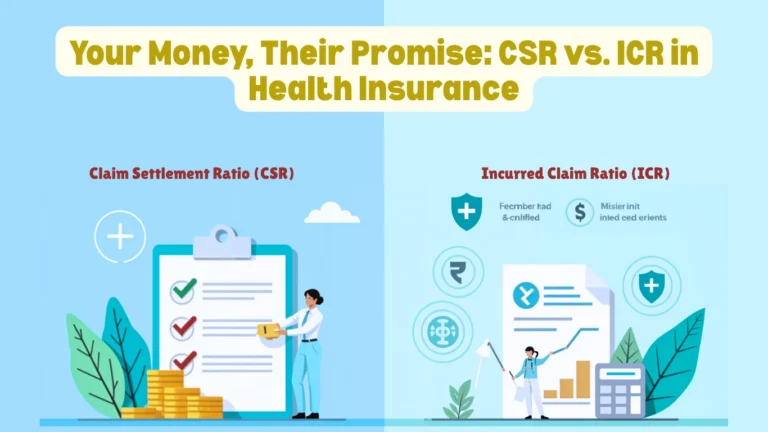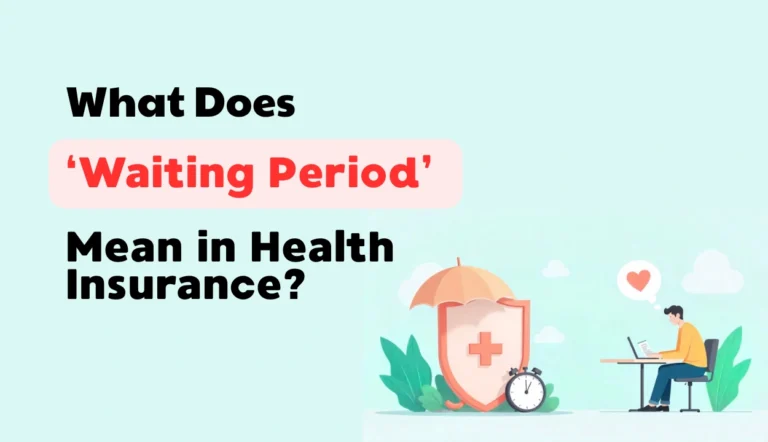Unlocking Health Insurance Tax Savings: Your Easy Guide to Section 80D
Hey there! Let’s chat about something that can really help your wallet and your health: tax benefits on your medical insurance premiums. You know, those payments you make to keep yourself and your family covered in case of a medical emergency? Turns out, they can also save you a pretty penny on your taxes!
We’re talking about Section 80D of the Income Tax Act. Don’t let the official-sounding name scare you off – it’s actually a super cool way the government encourages us to buy health insurance. By letting us chop off some of that premium amount from our taxable income, it’s like getting a little discount on both health security and your tax bill. Sweet deal, right?
So, if you’ve ever wondered how to make the most of your health insurance when it comes to tax season, you’ve landed in the perfect spot! This guide is going to walk you through everything about Section 80D of the Income Tax Act – who gets to claim it, how much you can save, and all the little tricks and tips to make sure you grab every bit of tax benefit possible. Let’s make taxes a little less stressful and health a little more rewarding!
So, Who Exactly Can Claim This Deduction?
Alright, let’s get down to who’s invited to this tax-saving party. Section 80D isn’t for big businesses or fancy corporations. It’s designed for us, the everyday taxpayers!
- You (as an Individual!): If you’re a regular person paying taxes, whether you’re working a job or running your own business, you’re in!
- Hindu Undivided Families (HUFs): If your family operates as an HUF for tax purposes, you’re also eligible.
Basically, if it’s about protecting your personal or family’s health, Section 80D is probably for you.
Now, who can your health insurance policy cover for you to claim this? It’s pretty broad! You can get deductions for premiums paid for:
- Yourself: Of course, you count!
- Your Spouse: Your better half is included.
- Your Dependent Children: This covers your kids who are financially relying on you.
- Your Parents: Yep, even your mom and dad, whether they live with you or not, or whether they’re financially dependent on you or not!
It’s a really good way to ensure your whole family’s health needs can get you some tax relief.
Also Read :- CSR vs ICR Explained: Which Metric Matters More for Health Insurance?
The Best Part: How Much Can You Actually Save?
This is where it gets exciting! The amount you can knock off your taxable income depends on the age of the people covered by the insurance. The government gives a bit more flexibility when it comes to senior citizens, recognizing that healthcare costs often go up as we get older.
Let’s check out the limits in this easy table:
Section 80D Deduction Limits (FY 2025-26) – Your Savings Snapshot!
| Who You’re Insuring | If Everyone is Below 60 (Max Deduction) | If Anyone is 60 or Above (Max Deduction) |
|---|---|---|
| You, Your Spouse, Dependent Kids | ₹25,000 | ₹50,000 |
| Your Parents | ₹25,000 | ₹50,000 |
| Total You Can Claim | ₹50,000 | ₹1,00,000 |
A Few Pointers to Remember about the Limits:
- For Your Immediate Family (You, Spouse, Dependent Kids): If everyone in this group is under 60 years old, you can claim up to ₹25,000. But if even one person in this group (you, your spouse, or a dependent child) is 60 or older, that limit bumps up to a cool ₹50,000!
- For Your Parents: You can claim up to ₹25,000 for their health insurance premiums if both are under 60. However, if even one of your parents is 60 years or older, this limit happily climbs to ₹50,000.
- The Grand Total You Can Pocket: The absolute maximum you can claim from both groups (your family + your parents) is a sweet ₹1,00,000. This happens if both groups include a senior citizen. Otherwise, the combined maximum would be ₹50,000.
Don’t Forget Those Health Check-ups!
Here’s a neat little bonus: you can also claim up to ₹5,000 for expenses you pay for preventive health check-ups. This includes check-ups for yourself, your spouse, dependent children, and your parents.
Just remember: This ₹5,000 is part of the main limit (that ₹25,000 or ₹50,000 bucket). It doesn’t add extra to the total. It’s just a specific type of expense within that limit that you can claim. It’s a great way to get some tax relief for proactively taking care of your health!
A Special Heads-Up for Senior Citizens: Medical Bills Count Too!
This is really important if you’re a senior citizen or if you’re paying for your senior citizen parents’ healthcare. If a senior citizen (60 years or older) doesn’t have health insurance, or if their health insurance premium is less than the ₹50,000 limit, you can actually claim the actual medical expenses they incurred (as long as insurance didn’t cover it) to fill up that ₹50,000 deduction space. This is a crucial help for older folks who might have significant medical costs without full insurance coverage.
Also Read :- Why Term Insurance is a Must-Have: Comprehensive Guide to Choosing the Right Coverage for Your Financial Future
Let’s Walk Through Some Examples!
Sometimes, seeing real-life examples makes everything click. So, here are a couple of common situations:
Example 1: Meet Rahul, the Smart Saver
- Rahul is 35 years old.
- He pays ₹23,000 for his health insurance, covering himself, his wife (33), and their two little ones.
- He also got a full body health check-up for himself, which cost him ₹5,000.
What can Rahul claim? For his immediate family (all under 60), the maximum deduction is ₹25,000. He paid ₹23,000 in premiums and ₹5,000 for the check-up (that’s ₹28,000 in total health expenses!). But since the limit for his age group is ₹25,000, he can claim the full ₹25,000. The ₹5,000 for the check-up fits right into that ₹25,000 limit.
Example 2: Meet Pooja, Caring for Her Folks
- Pooja is 40 years old.
- She pays ₹20,000 for her health insurance, covering herself and her husband.
- Her father is 65, and her mother is 62. Pooja pays ₹45,000 for their health insurance policy.
- She also spent ₹4,000 on a preventive health check-up for her father.
What can Pooja claim?
- For herself and her husband: They’re both under 60, so the limit is ₹25,000. She paid ₹20,000, so she can deduct ₹20,000.
- For her parents: Both parents are over 60, so the limit is ₹50,000. She paid ₹45,000 in premiums. Plus, she spent ₹4,000 on her father’s check-up. That’s a total of ₹49,000 in health expenses for them. So, she can deduct the full ₹49,000 for her parents.
- Her Grand Total Deduction: Pooja gets to claim ₹20,000 (for her family) + ₹49,000 (for her parents) = a cool ₹69,000 off her taxable income!
See? It’s all about knowing the rules and making the most of them!
Important Things to Remember: Don’t Mess Up Your Claim!
While Section 80D is super helpful, there are a few golden rules you absolutely need to stick to so your claim goes smoothly:
- No Cash Payments for Premiums (Seriously!): This is a big one. If you pay your regular health insurance premiums in cold, hard cash, you cannot claim that deduction. Always use online banking, debit/credit cards, cheques, or bank drafts. The ONLY exception where cash is fine is for the up to ₹5,000 you claim for preventive health check-ups.
- It’s an EXTRA Deduction, Not a Replacement for 80C: Don’t get confused! The tax benefits you get under Section 80D are completely separate from the more common Section 80C (where you save up to ₹1.5 lakh for things like PF, PPF, life insurance, etc.). So, you can enjoy benefits from both sections!
- Only for the “Old” Tax Regime: This is a crucial point from recent changes. If you choose the shiny new tax regime when filing your income tax returns, you won’t be able to claim deductions under Section 80D. This benefit is only for those who stick with the good old traditional tax regime. So, do your homework and pick the regime that saves you the most money!
- Keep Your Papers Safe and Sound: Always keep all your health insurance policy documents and, most importantly, the payment receipts. These are your official proof, and your employer or the tax department might ask to see them. Better safe than sorry!
Conclusion: Stay Healthy, Save Big on Taxes!
So, there you have it! Section 80D of the Income Tax Act is much more than just a boring tax rule. It’s a fantastic way to encourage you to take care of your health and your family’s well-being. By letting you save a good chunk on taxes for your health insurance premiums (and even some medical bills for seniors!), the government makes it financially appealing to protect yourself from those unexpected medical emergencies.
Remember, the main goal of health insurance isn’t just about saving taxes. It’s about protecting your financial future from potentially huge medical costs that can pop up out of nowhere. The tax benefits under Section 80D are just a wonderful bonus that makes this crucial financial step even more rewarding.
Always take a moment to look at your health insurance needs and how they fit into your tax planning. It’s truly a win-win situation: you stay healthier, and your wallet gets a nice little break too!
Also Read :- Key Factors to Check Before Filing a Health Insurance Claim
FAQs (Frequently Asked Questions)
- What is Section 80D of the Income Tax Act, simply put?
- It’s a part of tax law that lets you reduce your taxable income by deducting the money you spend on health insurance premiums for yourself and your family.
- How much tax can I save under Section 80D with health insurance?
- You can claim up to ₹25,000 for yourself, spouse, and dependent kids (or ₹50,000 if anyone is a senior citizen). Plus, an extra ₹25,000 for parents (or ₹50,000 if they’re seniors), potentially saving you up to ₹1,00,000 in total!
- Do preventive health check-ups count for Section 80D?
- Yes, you can claim up to ₹5,000 for preventive health check-ups, and this amount is included within your overall Section 80D limit.
- Can I pay health insurance in cash and still claim 80D?
- No, for health insurance premiums, you generally can’t pay in cash if you want the deduction. You need to use online payments, cheques, etc. The only exception for cash is for preventive health check-ups (up to ₹5,000).
- Is Section 80D available if I choose the new tax regime?
- No, Section 80D deductions are only available if you opt to file your taxes under the old tax regime.







